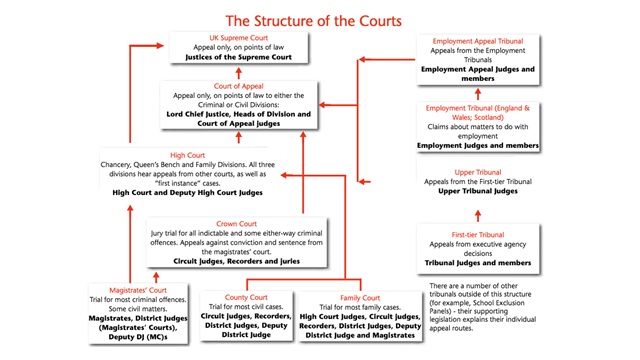Role of Government in Law Making
Business world is very challenging and complicated. So to stay with full preparation and maintain a business properly it is important to learn about business law. As a responsible citizen of any independent country knowing about law and regulations are the duties of people. The paper is focused on the discussion about role of government in law making to understand the business law in a easy way with examples.
Government and parliamentary structures are the different branches of government which plays important roles in the making of laws:
Stage one – Ruling party provides vision, goals and direction
At the time of major conferences policies are made by the ruling party based on the debate and discussion. At these conferences particular issues are discussed and the party decides overall vision, goals and direction of the issue.
Stage two – Ministers draws up policy on an issue
Stage two takes place at national level where the ruling party tries to convert official government policy or law by the Constitution. The ministers of the government attempt to develop new policies and laws to approve for making legal effect to the policies. But it is a long and slow process because the proposed law of ruling party is debated and negotiated among different parties (Macintyre, 2018). In the meantime drafts are prepared to proposed and discussed in the parliament by ruling party.
Stage three – Finalizing a policy
After all the discussion when the policy is finalized by the relevant Department and Ministry the issues and options are prepared in a final policy published as a White Paper. The White Paper refers to the statement of intent and a detailed policy plan. Finally again it is debated and adopted by Parliament and approved by Cabinet members after completing the discussion proceedings (Macintyre, 2018).
Stage four – Passing a law
A White Paper is considered as the basis of legislation. The Department or the ministers can decide on the new law to achieve its objectives and implement it to work on drafting the new law. In its early stages before becoming a new law it is referred as a draft Bill.
Stage five – Subordinate legislation and implementing the law and policy
After passing a law by National Parliament it become published. So the national, provincial ministries will be responsible to implement the law everywhere. National, provincial legislatures and local authorities will pass subordinate legislation in the new original law (NESTERUK, 2014).

Application of statutory and common law in the justice courts
Common law and statutory laws both are used in most nations for justice to be served. The importance of these laws is many. The laws which are made based on the new decisions of judges in courts are common law and Laws which are issued by various government agencies are statutory law.
Common laws are used for making further judgment in the similar ways of justice courts. The judgment of higher court is used as the law to support the similar kinds of case. With the existing common law there are no statutes so the other judges interpret the existing law and determine new boundaries and distinctions for different court procedures. The opinions of higher courts are become binding on future decisions of lower courts (NESTERUK, 2014). It helps to make the judicial process relatively fast based on the established framework to base ruling. But some bad decision made by a higher court make the rules reluctant to overrule previous decisions in case of common law.
The basis of precedent is dealt with by Obiter dictum, that is by the way and the actual binding decision being rationally deciding, or the reason for the decision.
Statutory laws are made for the citizens to resolve their many issues, and formalize a law for their betterment. They cover all areas of law regulated by statutory exclusively. There are some cases where common laws are not applicable. So for such special cases statutory laws are used.
The judges interpret laws by using certain rules called the golden, mischief and literal, an example of this usage is a case called Fisher v Bell, here a shop owner had a knife for sale in his window, he was arrested for offering for sale an offensive weapon, the court said it was not an offer but an invitation to treat, so the court applied the law literally(NESTERUK, 2014).
References
- Macintyre, E. (2018). Business law. Harlow, Essex, United Kingdom ; New York: Pearson.
- NESTERUK, J. (2014). THE MORAL DYNAMICS OF LAW IN BUSINESS. American Business Law Journal, 34(2), pp.133–140.
Written by
Email: [email protected]
